With the proactive study of the EU's Anti-Deforestation Regulation, it can be said that, up to now, most of Gia Lai's coffee area is in the "safe zone".
On November 15, at the 3rd Online Technical Discussion Session on the EU Deforestation Regulation (EUDR) organized by the Ministry of Agriculture and Rural Development in coordination with the EU Delegation to Vietnam, the European Commission (EC) decided to postpone the implementation of the EUDR by one year to December 31, 2025 (previously stipulated until December 31, 2024).
Immediately after this announcement was released, a representative of the Department of International Cooperation (Ministry of Agriculture and Rural Development) - said that although the EU postponed the implementation deadline of the EUDR, Vietnam did not delay its preparation and adaptation to the requirements of this regulation. This demonstrates Vietnam's strong commitment to building sustainable supply chains that do not cause deforestation and meet international standards. " This initiative will help Vietnam be ready to meet the requirements of the EUDR, thereby strengthening its position as a responsible, transparent and sustainable agricultural supplier in the international market" - the representative of the Ministry of Agriculture and Rural Development emphasized.
On this occasion, Ms. Dao Thi Thu Nguyet - Deputy Director of the Department of Industry and Trade of Gia Lai province - shared with reporters of the Industry and Trade Newspaper about solutions to support businesses in implementing and adapting to the EUDR Regulation.
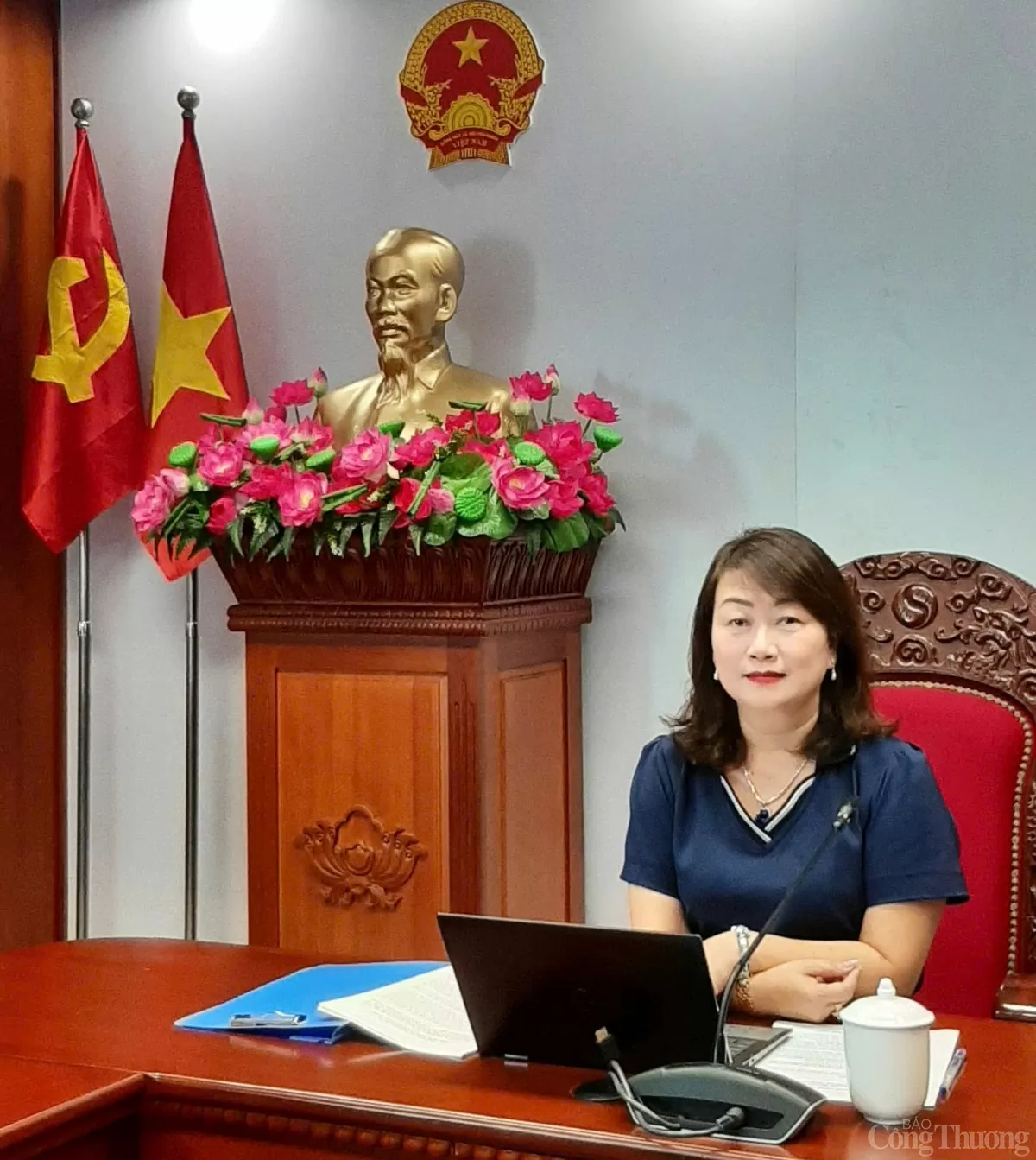 |
| Ms. Dao Thi Thu Nguyet - Deputy Director of Department of Industry and Trade of Gia Lai province |
Gia Lai is a large coffee growing region in the country, with an area of about 105,840 hectares. This is also the province that will be most affected by the European Union's Anti-Deforestation Regulation. Could you share the changes of coffee production and export enterprises in the province in the past time in the process of complying with the Regulation?
On June 23, 2023, the EU officially issued the Deforestation Prevention Regulation (EUDR), which applies to 7 groups of imported goods into this market, including: Coffee, palm oil, wood, rubber, livestock meat, cocoa and beans. Accordingly, EUDR will begin to apply from December 30, 2025 for large enterprises and June 2026 for small and medium enterprises (previously, the regulation was until December 31, 2024).
By extending the preparation period by 12 months, the EU wants to give all businesses, third countries and other stakeholders more time to prepare for the implementation of the EUDR.
This regulation aims to prevent large-scale deforestation and forest degradation, contribute to environmental protection and mitigate the impact of climate change. Accordingly, all agricultural products circulating on the EU market must meet strict standards of origin, proving that the production process does not cause deforestation or does not cause deforestation throughout the supply chain.
Of the 7 groups of goods banned from import into the EU due to deforestation during production, Vietnam has 3 main affected industries, namely wood, rubber and coffee.
Since the announcement in 2023, Gia Lai province has been proactive and active in adapting to EU regulations.
Enterprises in Gia Lai province have proactively reviewed the supply chain, closely coordinated with stakeholders in the chain, especially the network of traders and farmers - those who supply input materials to enterprises, to meet the requirements of EUDR, including requirements on traceability, compliance with regulations in the chain, and location of production land plots.
Exporting enterprises have proactively researched and grasped the requirements of EUDR, and have changed or adjusted their current supply chains to closely meet the requirements of EUDR. Priority is given to building sustainable certified supply chains of raw materials.
Not only that, businesses, cooperatives, and farmers in the province have built organizations and models of sustainable coffee production linkages with certification, so they can easily implement the EU's anti-deforestation regulations. Currently, coffee is the main crop of Gia Lai province with an existing area of over 100,000 hectares spread across 10 districts and cities. Of which, nearly 60,000 hectares of coffee are produced according to VietGAP, 4C, Organic standards... It can be said that, up to this point, most of the province's coffee is in the "safe zone" compared to EU regulations.
Therefore, although the EUDR regulation has been implemented since 2023, coffee export turnover has maintained an increase from 2023 to present. In 2023, it reached 230,000 tons/490 million USD, in 2024 it is estimated to reach 240,000 tons/720 million USD, an increase of more than 40% in value compared to 2023.
In particular, Vinh Hiep Company Limited is a pioneer in research and production that meets international standards such as USDA USA, EU Organic, UTZ, BRC, Japan Organic, and organic certifications from prestigious global organizations such as: 4C, UTZ, BRC. In 2024, the company will be the leading exporter of coffee in the country with more than 500 million USD.
Madam, in the past time, what challenges and difficulties has the province encountered in implementing the EU Anti-Deforestation Regulation?
For Vietnam in general and Gia Lai province in particular, the implementation of EUDR is a big challenge but also an opportunity for Vietnam to improve management processes and increase the value of export products.
Among the industries affected by the EUDR, coffee, wood and rubber are the province’s main export items. For coffee, businesses have grasped this trend for several years and have built a sustainable supply chain of raw materials with more than 60,000 hectares of quality-standard coffee.
For wood and rubber products, these two industries have joined the Voluntary Partnership Agreement between Vietnam and the EU on Forest Law Enforcement, Governance and Trade (VPA/FLEGT), committing to ensure that all wood products exported to the EU are of legal origin and do not cause deforestation. In particular, since 2014, Vietnam has stopped logging from natural forests and established regulations on forest land conversion since 2017. This is a favorable condition for the export of these products.
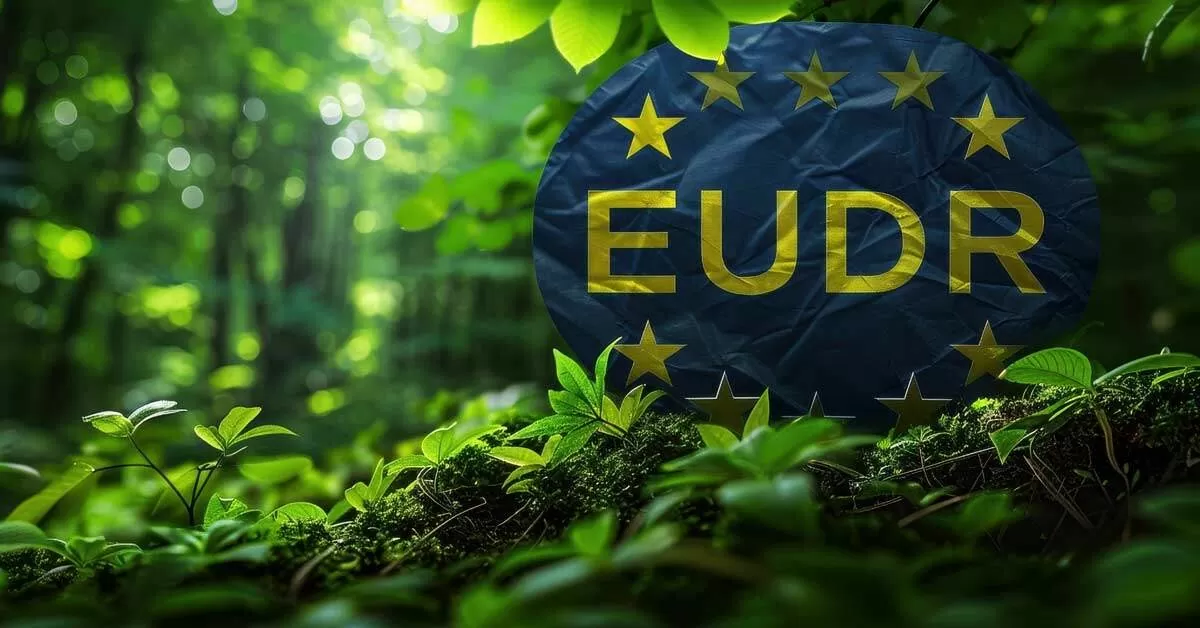 |
| The implementation of the EUDR regulation also creates many challenges and difficulties in implementing traceability procedures and EUDR certification, which increases the cost of exporting to the EU, which can pose risks to small and medium-sized enterprises. Illustrative photo |
However, the implementation of the EUDR regulation still creates many challenges and difficulties in implementing the procedures for tracing origin and EUDR certification, which increases the cost of exporting to the EU, which can pose risks to small and medium enterprises. Implementing the traceability of rubber products in plantations will be difficult because some products are produced by small-scale, scattered, and fragmented farming households, with an area of only less than 0.5 ha/household.
In addition, the supply chains of all industries are quite long and complicated, with many intermediaries, many small-scale farmers involved in production. This leads to cost pressure. In fact, the cost of investing in technology to produce to European standards is quite high, and controlling input materials in the coffee, wood, and rubber supply chains is quite difficult due to complex and multi-layered traders.
Madam, from June 2023 to now, how have the province and businesses in the province adapted to the EU's Anti-Deforestation Regulations? According to the new schedule, what plans and policies does the province have to support businesses in meeting EU regulations?
Gia Lai Provincial People's Committee has issued Plan No. 2199/KH-UBND dated September 25, 2024 on the Action Plan to adapt to the regulations on not causing deforestation in Gia Lai province. Accordingly, the plan has set out key tasks and solutions, assigning specific tasks to departments and branches for implementation, including the following contents:
Firstly, build a cooperation framework in implementing the EUDR : Establish a provincial public-private working group for industries affected by EUDR, such as: Wood and forest products working group, industry working group such as: Coffee, wood and wood products, rubber...; deploy public-private cooperation activities; carry out activities and share information, provincial databases for industries affected by EUDR.
Second, disseminate and popularize EUDR regulations : Regularly collect and update documents and texts on mechanisms and policies of the Central Government, Ministries, branches and the European Union Commission related to EUDR regulations to promptly share and respond to information with businesses importing goods into the EU market.
Organize training sessions to improve skills and knowledge on the legality of production and trading of agricultural and forestry products in general and EUDR regulations in particular.
Third, implement technical solutions : Update digital cadastral map data that has issued agricultural land use right certificates for farms and gardens according to crop species; focus on agricultural and forestry products affected by EUDR regulations such as: Coffee, wood and wood products, rubber... review and unify the planting area of main agricultural and forestry products affected by EUDR regulations that overlap forest areas on the map and in the field.
Continue to develop and implement traceability activities along the supply chain to the region for industries affected by EUDR. Identify appropriate solutions in monitoring, protecting and restoring forests, establishing traceability systems, supporting livelihoods and sustainable production.
Strengthening the implementation of forest protection management, monitoring forest changes, inventorying and monitoring forest developments; building databases and maps of forest status.
Building models of crop restructuring to adapt to climate change, contributing to the development of agricultural and forestry economy; protecting, restoring and sustainably developing forest ecosystems, conserving biodiversity in accordance with the Gia Lai Provincial Planning for the period 2021-2030, with a vision to 2050 in Decision No. 1750/QD-TTg.
Fourth, build and operate a dialogue and negotiation mechanism with the EU and member states on EUDR to share and respond to information with businesses importing goods into the European Union (EU), research and propose to competent authorities to build support mechanisms and policies related to agricultural and forestry export products that meet EUDR regulations.
Fifth, mobilize financial and technical support resources from international organizations such as the European Union (EU), the Sustainable Trade Initiative IDH, Koninklijke Douwe Egberts BV, etc. to implement project programs that approach forest landscape improvement, sustainable farming, resource protection and social security; thereby contributing to reducing deforestation and forest degradation.
To effectively participate in the process of complying with the EU Anti-Deforestation Regulation, what ideas does the province have to work with relevant ministries and agencies to address challenges to help businesses export sustainably?
To adapt to the criteria of the EUDR regulation, first of all, there needs to be participation, consensus in direction and implementation of the Government, ministries, localities, industry associations, and enterprises to create opportunities for industries to develop in a transparent, responsible, sustainable direction and increase competitiveness in the market.
Local departments and sectors need to closely coordinate with ministries and sectors to build and recognize national databases on natural forests and plantation areas, identify appropriate solutions in monitoring, protecting and restoring forests, establishing traceability systems, supporting livelihoods and sustainable production; building and implementing traceability along the supply chain to the region. Disseminate EUDR regulations and technical guidance documents to management agencies at all levels and actors in industry value chains; develop programs and projects to call for public and private investment and international funding to implement activities to support the coffee, rubber, wood and wood products industries to adapt to EUDR.
Strengthen communication so that state management agencies, businesses and farmers clearly understand new regulations on combating deforestation and forest degradation when producing and exporting agricultural products.
Actively expand international cooperation through participation in trade promotion activities, exhibitions and seminars, focusing on building brand image associated with sustainable development by promoting internationally certified products with the aim of expanding the market, building new distribution channels and enhancing the position of the enterprise in the international market.
Recommendations for businesses: proactively learn and fully understand the requirements, update regulations and guidelines on EUDR. Review the current supply chain by closely coordinating with farmers and agents providing input materials to businesses to trace the origin. Coordinate with management agencies, industry associations, local authorities and farmers to build a database to serve the traceability and provide information about their supply chain.
For export enterprises, it is necessary to focus on reorganizing production to improve product quality and value, promote brand building, target reputable export markets, bring reputable products that meet EUDR to major markets in the world, create great value and make important contributions to the province's economy.
Thank you very much!
Source: https://congthuong.vn/chu-dong-thich-ung-voi-eudr-nhieu-dien-tich-trong-ca-phe-cua-gia-lai-da-o-vung-an-toan-359411.html


![[Photo] 2nd Conference of the Party Executive Committee of Central Party Agencies](https://vstatic.vietnam.vn/vietnam/resource/IMAGE/2025/3/31/8f85b88962b34701ac511682b09b1e0d)

![[Photo] General Secretary To Lam receives US Ambassador to Vietnam Marc E. Knapper](https://vstatic.vietnam.vn/vietnam/resource/IMAGE/2025/3/31/5ee45ded5fd548a685618a0b67c42970)
![[Photo] Prime Minister Pham Minh Chinh receives delegation of leaders of US universities](https://vstatic.vietnam.vn/vietnam/resource/IMAGE/2025/3/31/8be7f6be90624512b385fd1690124eaa)
![[Photo] Speeding up construction of Ring Road 3 and Bien Hoa-Vung Tau Expressway](https://vstatic.vietnam.vn/vietnam/resource/IMAGE/2025/3/31/f1431fbe7d604caba041f84a718ccef7)



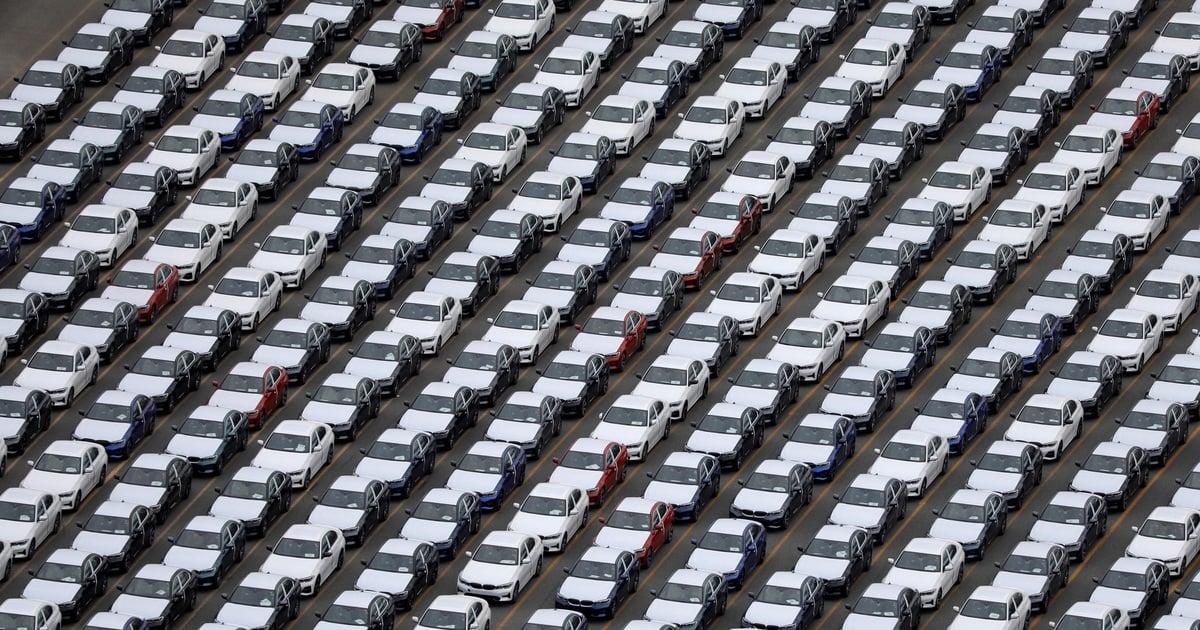


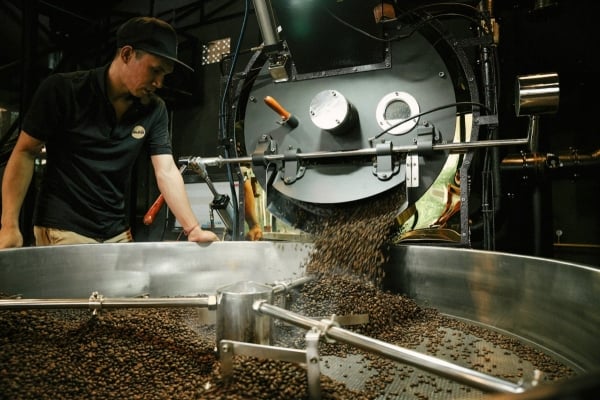
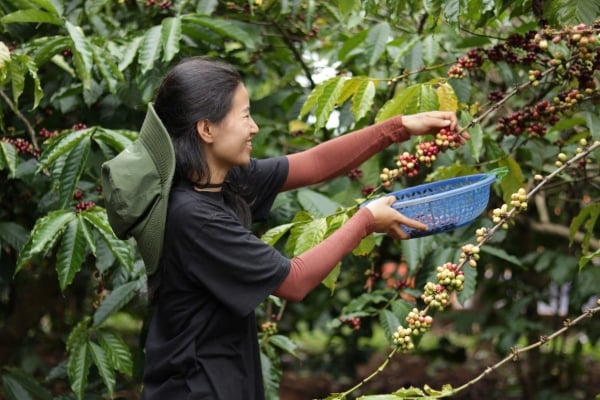
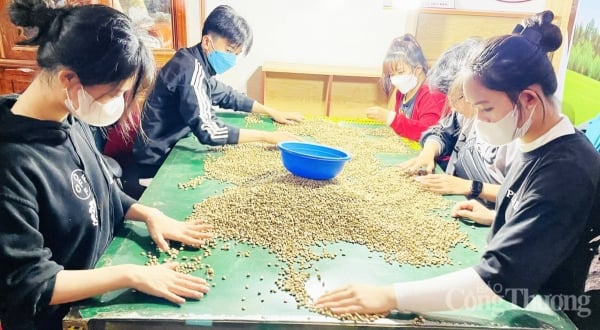
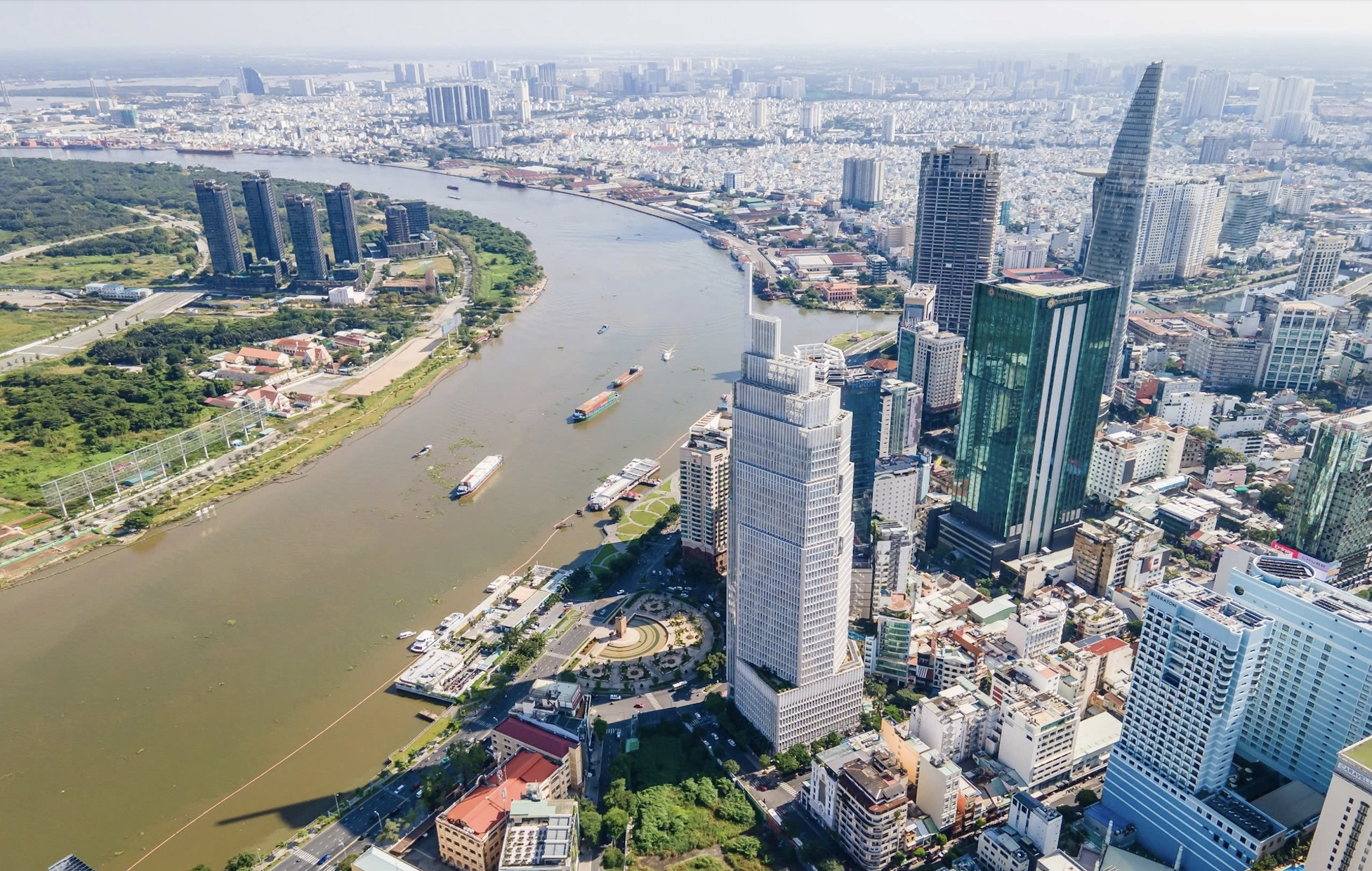



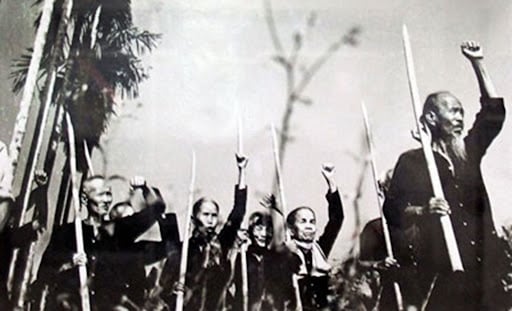
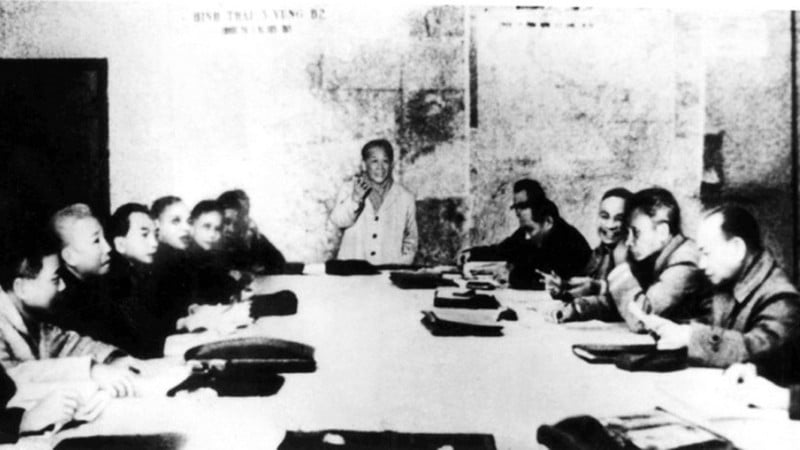




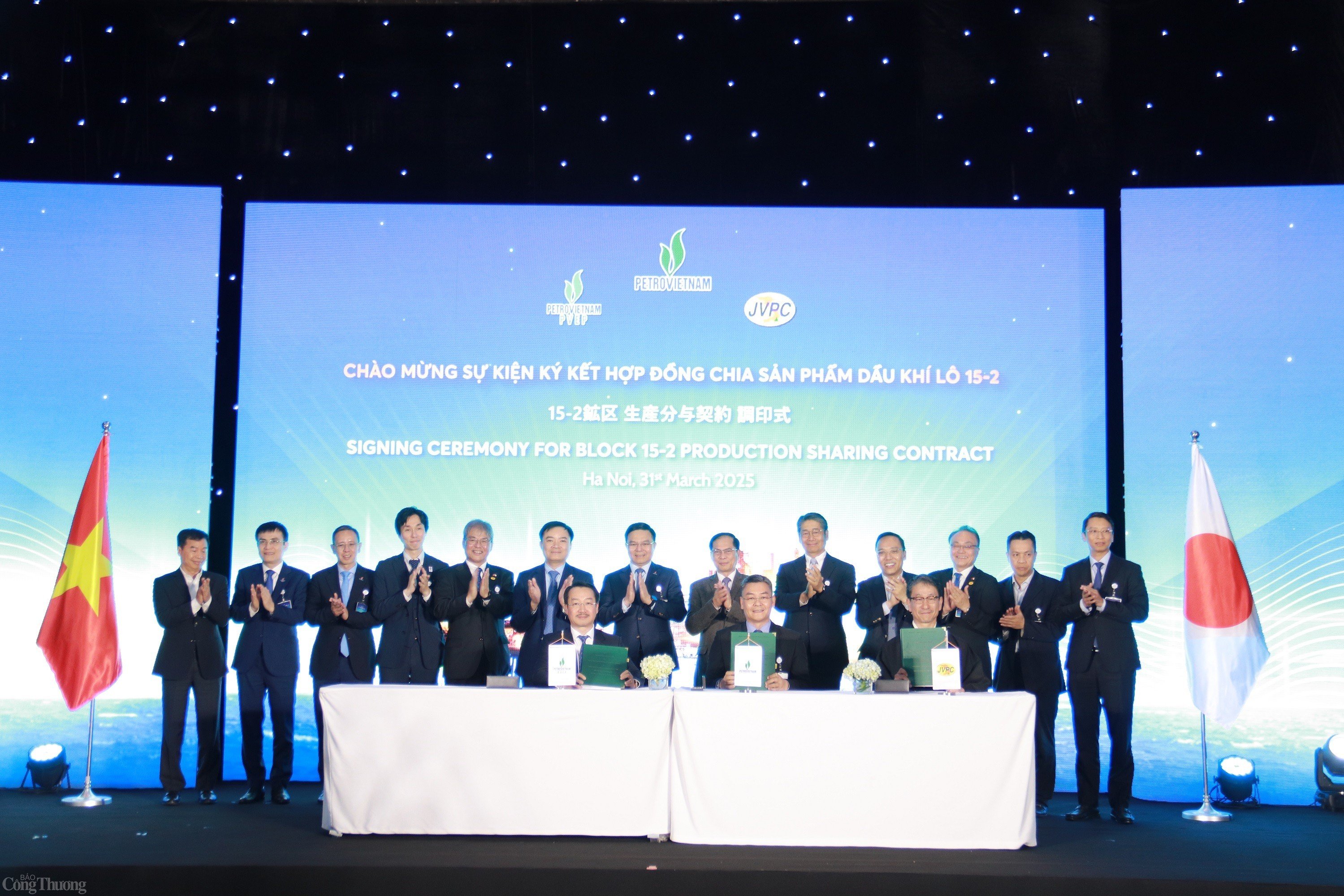

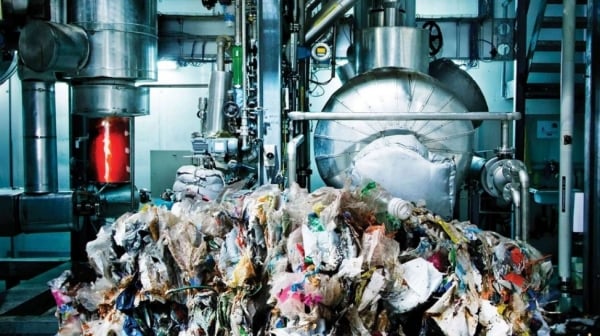

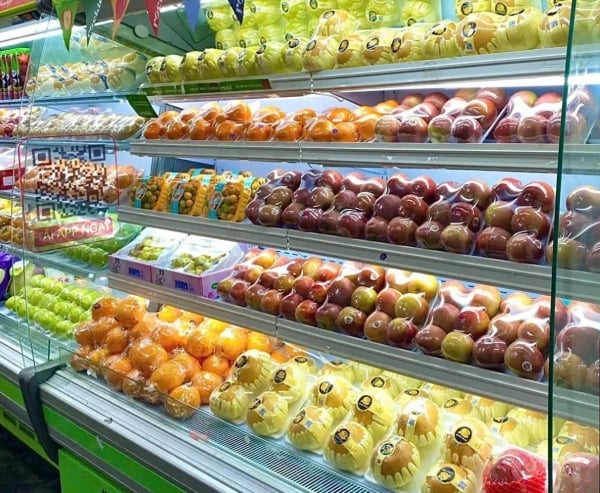

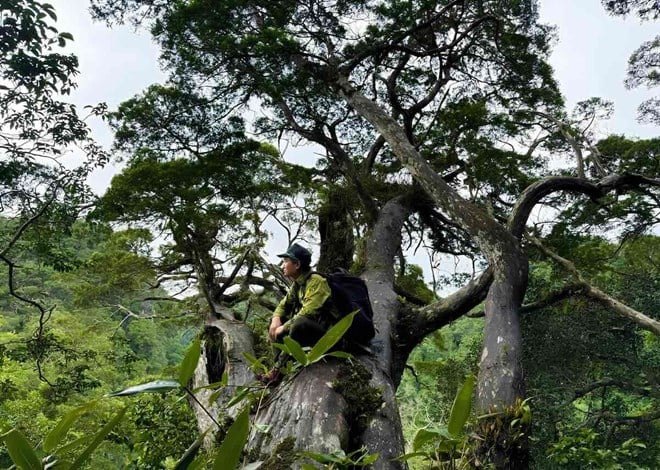










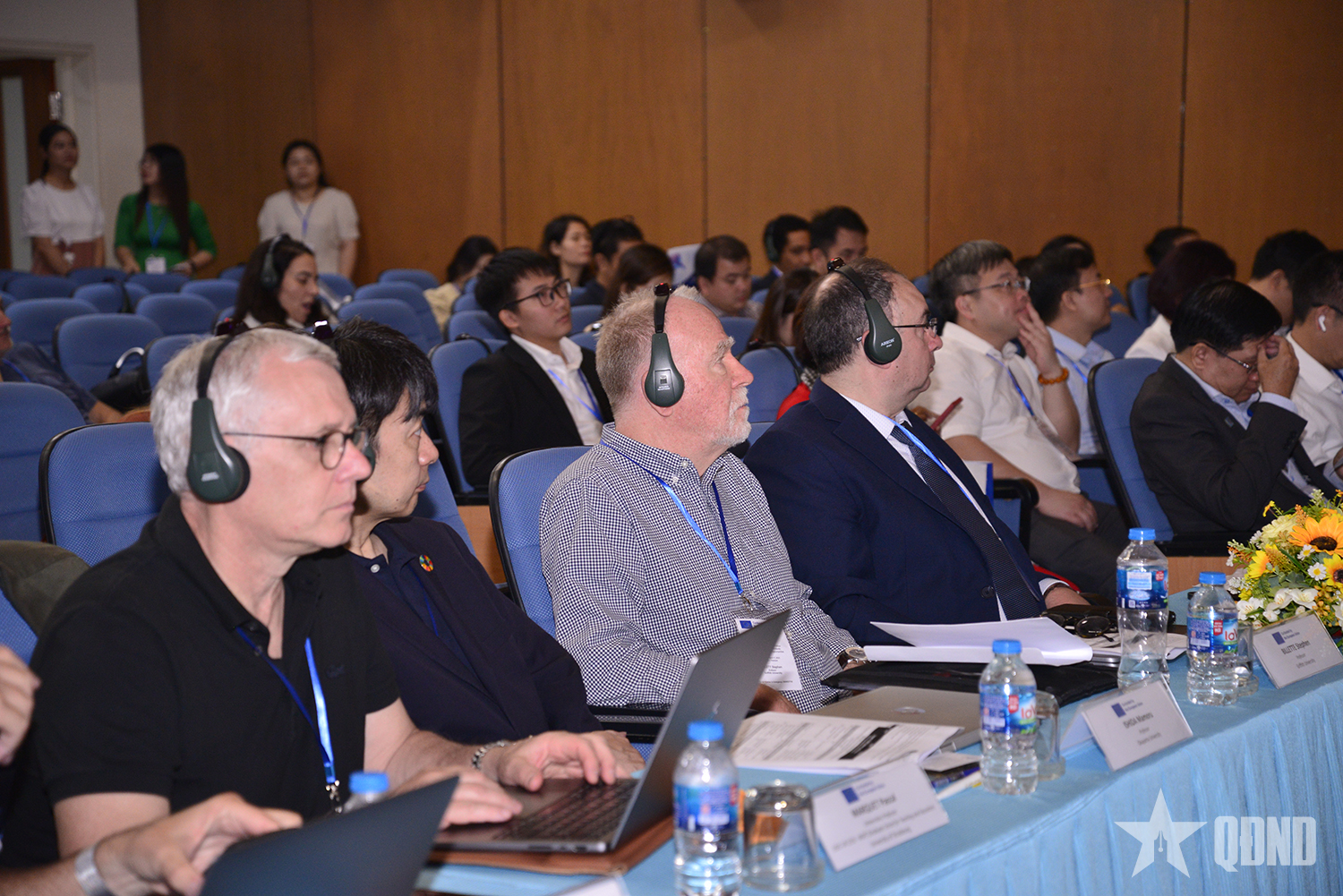




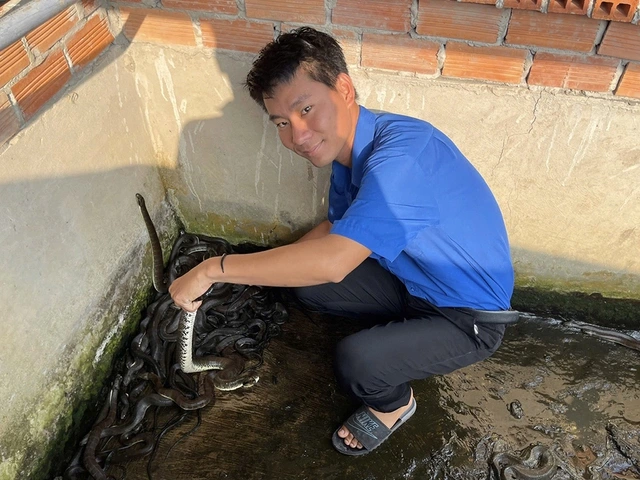

















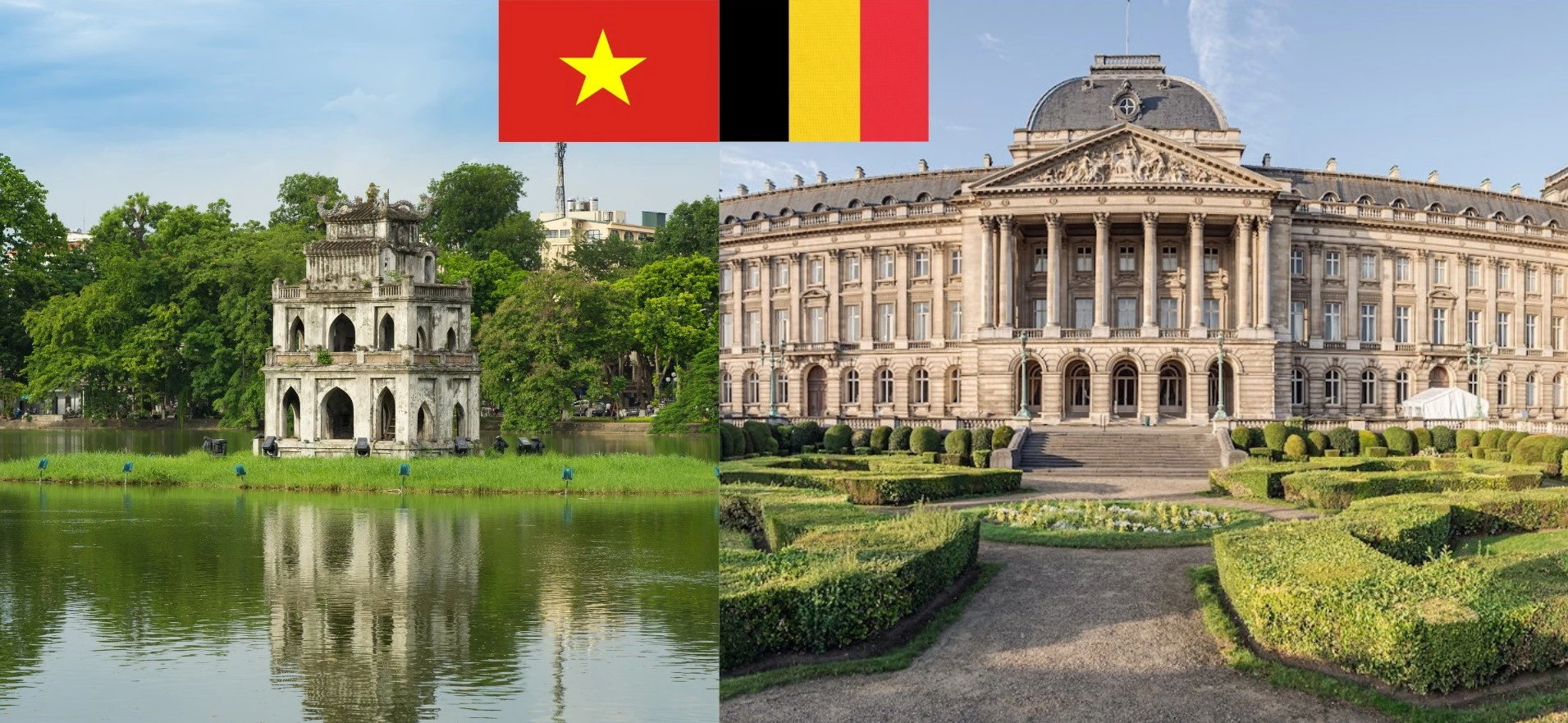






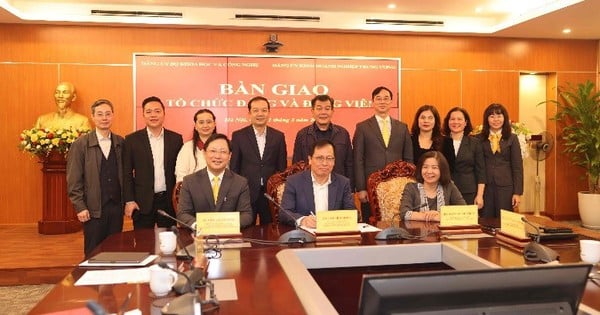

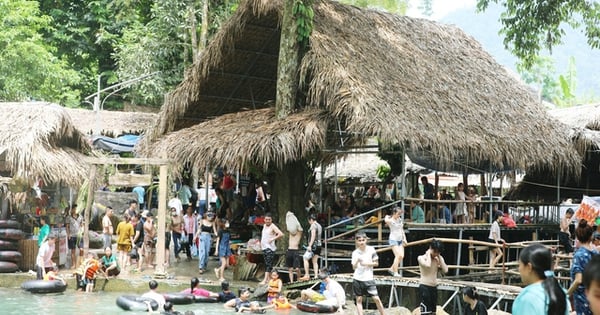
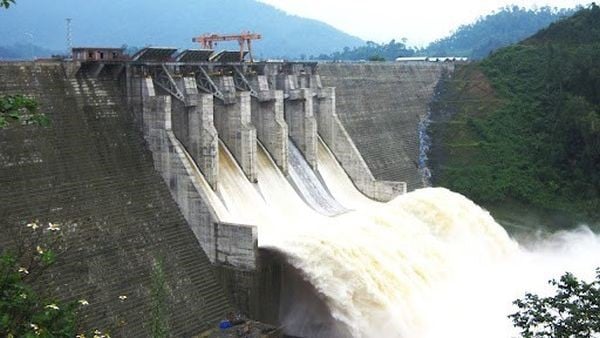

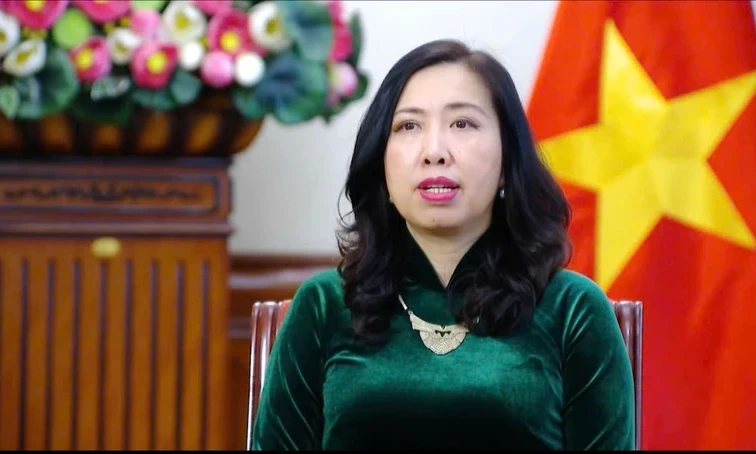

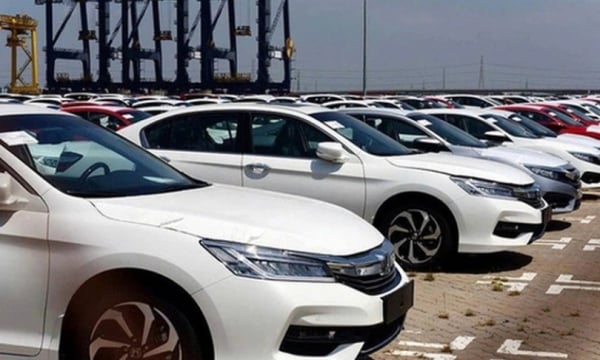


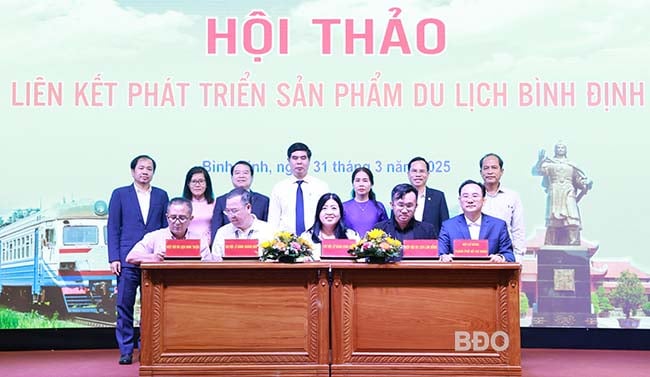












![[REVIEW OCOP] An Lanh Huong Vet Yen Cat](https://vstatic.vietnam.vn/vietnam/resource/IMAGE/2025/3/27/c25032328e9a47be9991d5be7c0cad8c)

Comment (0)